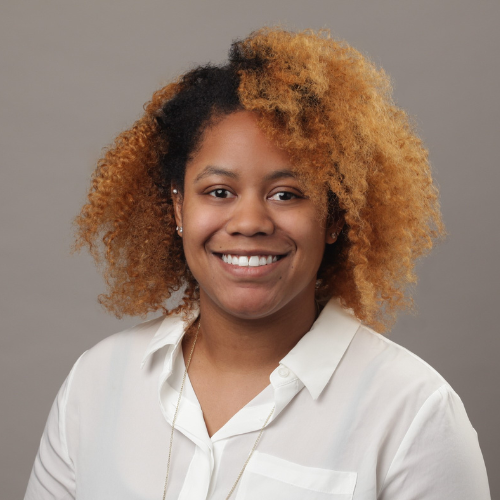UF History and African American Studies and 2016 alumnus Allison Mashell Mitchell was hired as an Assistant Professor of Civil Rights Studies in Africana and American Studies at the University of Notre Dame.
Allison is a doctoral candidate in the Corcoran Department of History at the University of Virginia and will defend her dissertation in May 2024. She will then serve as a 2024-2025 Postdoctoral Fellow in African American History at the Richards Civil War Center and Africana Research Center at the Pennsylvania State University before beginning her position as an Assistant Professor of Civil Rights Studies in Africana and American Studies at the University of Notre Dame.

Mitchell graduated summa cum laude with a Dual-Titled Bachelor of Arts in African American Studies and History in Fall 2016. Under the advising of Dr. Sharon Austin Wright, she completed her honor thesis, “Trigger Fingers Turn to Twitter Finger: African American’s Utilization of Social Media Within Modern-Day Activism.” During her time at UF, she served as a member of the UF Leadership Development Institute (LDI), Program Director for Black History Month, Assistant Director of Production for the Florida Invitational Step Show, a volunteer and later intern at the Samuel Proctor Oral History Program, and Vice President of the Iota Lambda Chapter of Alpha Kappa Alpha Sorority, Inc.
Mitchell’s dissertation, “Battle for the Ballot: A History of Black Electoral Politics and Voter Suppression in Florida, 1940s—2010s,” examines the multifaceted nature of Black American political activism and the partisan efforts to disenfranchise Black voters.
Her work also addresses themes concerning what constitutes democracy and the significance of grassroots political activism beginning in the mid-twentieth century. Allison’s broader research interests include Black political history, civil rights studies, oral history, and public humanities.
“The education and mentorship I had as a student in the African American Studies department at UF has had a significant impact on my life and career. It is my hope that I can afford my students the same intellectually robust and caring environment as I teach them about the Black experience.”